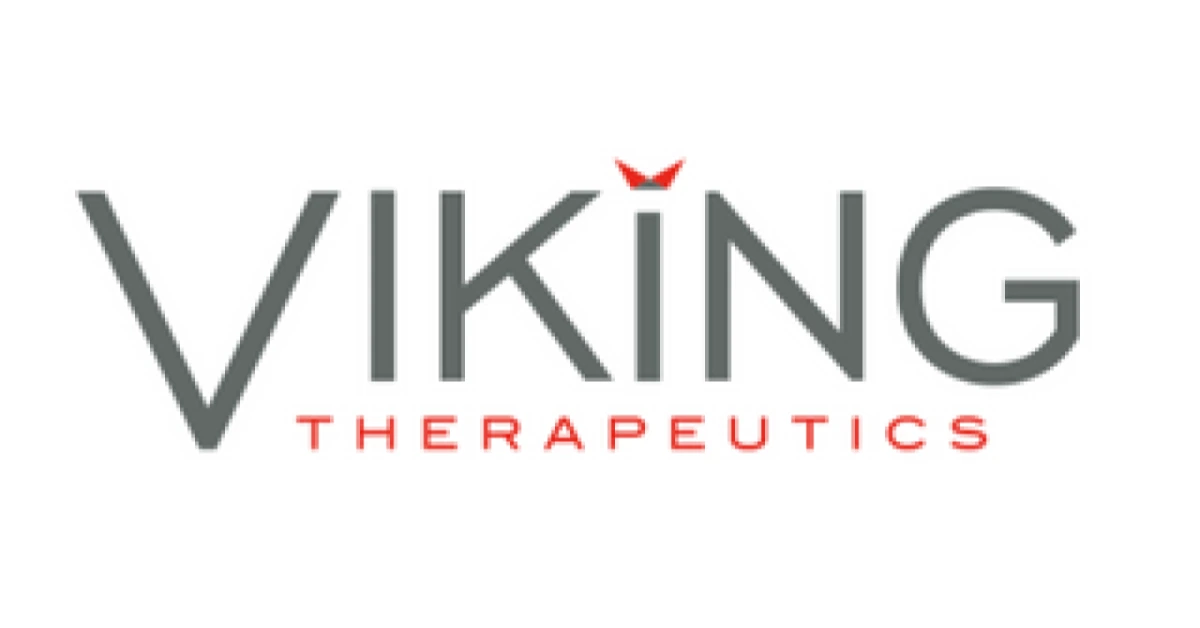
USA – Viking Therapeutics is experiencing a resurgence in investor interest following Pfizer’s decision to discontinue its oral obesity drug candidate, danuglipron, due to safety concerns.
This development has shifted attention to Viking’s promising weight-loss drug, VK2735, positioning the biotech firm as a potential frontrunner in the competitive obesity treatment market.
Pfizer’s withdrawal from danuglipron, prompted by a liver injury observed in a clinical trial participant, has left a gap in the pursuit of effective oral obesity medications.
This setback for Pfizer has inadvertently benefited Viking, whose shares rose over 13% following the announcement.
Viking’s VK2735, a dual GLP-1 and GIP receptor agonist, has shown encouraging results in early trials.
In a Phase 1 study, the oral formulation of VK2735 achieved up to 8.2% weight loss over 28 days, with 100% of participants on the highest dose losing at least 5% of their body weight. The drug was well-tolerated, with most adverse events being mild.
Building on these results, Viking has initiated a Phase 2 trial for the oral version and plans to start Phase 3 trials for the injectable form in the second quarter of 2025.
To support potential demand, Viking has partnered with CordenPharma in a US$ 150 million deal to manufacture large quantities of VK2735 in both oral and injectable forms.
Despite recent gains, Viking’s stock remains down 37% year-to-date, reflecting broader market challenges in the biotech sector.
However, analysts suggest that Viking’s strong clinical data and strategic manufacturing plans make it an attractive acquisition target, especially for companies like Pfizer seeking to re-enter the obesity drug market.
The obesity treatment market is rapidly expanding, with projections estimating it could reach US$ 100 billion by the end of the decade.
Viking’s VK2735, with its promising efficacy and safety profile, positions the company to be a significant player in this growing field.
XRP HEALTHCARE L.L.C | License Number: 2312867.01 | Dubai | © Copyright 2025 | All Rights Reserved